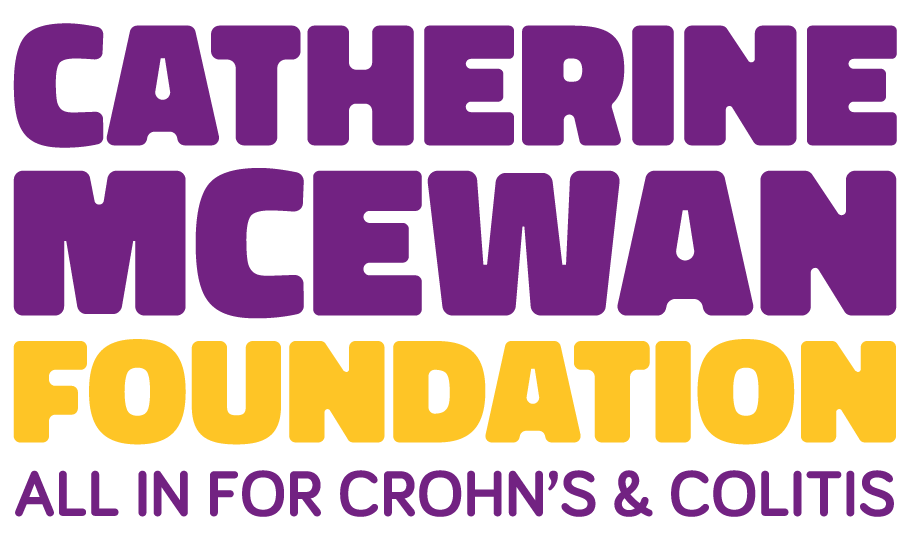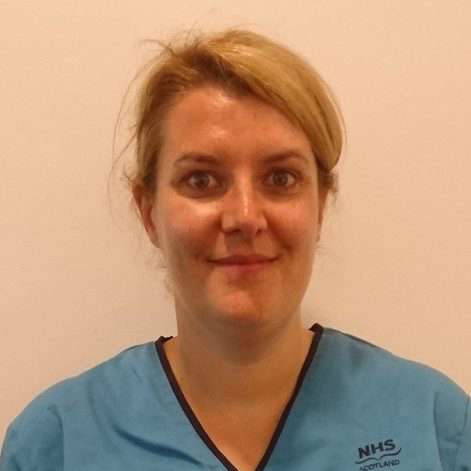We have recently published work (supported by the foundation) in June of this year highlighting the outcomes from one of our studies undertaken by Hazel Duncan clinical and research dietician.
Children and young people with Crohn’s disease can have problems gaining enough weight and a small number can require a long term feeding tube to be placed to help them gain weight. In the short term we use nasogastric tubes but longer term these children should have a gastrostomy inserted. There is not much research assessing the implications on growth in these patients and therefore we decided to review the progress our patients had made using gastrostomies and publish the results.
Between 2003 and 2010 we had 16 patients with Crohn’s disease who had had a gastrostomy placed, 9 of the 16 reported temporary complications which resolved in a month and only one patient reported long term complications. We looked at growth improvement from time of insertion until 2 years following insertion and found that there was a marked improvement in their weight and body mass index (BMI)scoring 1 year later. An improvement in height after 2 years was also found. We also looked at the type of feed used and the volume each patient had.
From the results of our study we know that for patients with Crohn’s disease gastrosotmy tubes are very useful to promote weight gain and improve growth outcomes. This is important for patients who may be struggling to achieve adequate nutrition through their diet alone. We also can now provide reassurance to families and patients that insertion of gastrostomies in patients with crohn’s disease is both safe and effective.
The full journal article Duncan H, Painesi A, Buchanan E, McGrogan P, Gerasimidis K, Walker G, Haddock G, Russell RK. Percutaneous endoscopic gastrostomy placement in paediatric Crohn’s disease patients contributes to both improved nutrition and growth. Acta Paediatrica 2018;107(6):1094-1099. Thanks again for the support and if anyone has any further questions or queries then please contact hazel or any member of the IBD team.

